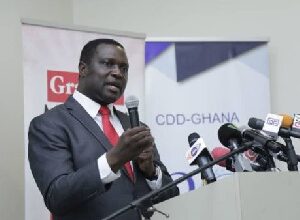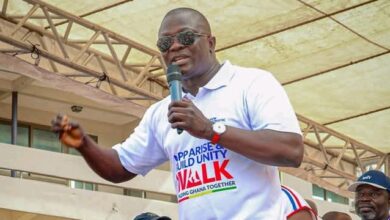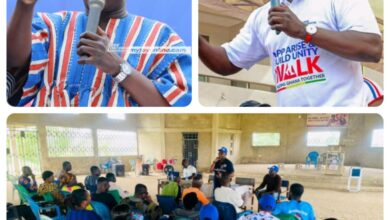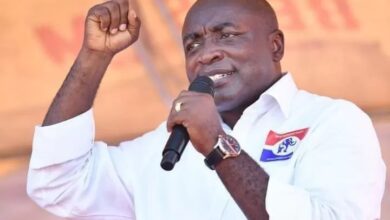“Truth in Poverty: Emmanuel Armah Kofi Buah accuses Akufo-Addo of misrepresenting Ghana’s harsh reality:
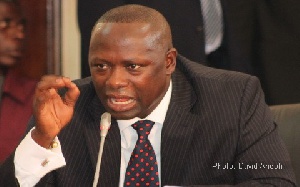
The final State of the Nation Address by President Akufo-Addo, delivered within the chambers of Ghana’s Parliament, was met not with applause, but with a scathing rebuke from Dr. Emmanuel Armah Kofi Buah, the MP for Ellembelleh and a prominent voice within the NDC minority.

Buah, a seasoned politician, did not mince his words. He painted a starkly different picture of Ghana’s reality, one that stood in stark contrast to the optimistic portrait presented by the outgoing president.
For Buah, the president’s address was a misrepresentation, a carefully crafted illusion designed to mask the hardship endured by ordinary Ghanaians. He zeroed in on what he described as the core issue, the palpable disconnect between the president’s pronouncements and the grinding reality of poverty that had become the defining feature of so many lives. “Mr. President,” Buah stated, his voice carrying an undercurrent of anger and frustration, “you lied to Ghanaians.”
The crux of Buah’s argument was that the outgoing administration had failed to acknowledge the pervasive nature of the economic crisis. He spoke of “adject poverty and difficulties,” underscoring the fact that the vast majority of Ghanaians were not experiencing a “working Ghana,” but were struggling to survive, weighed down by debt, unemployment, and an overwhelming sense of hopelessness.
He emphasized that the massive rejection of the ruling NPP party in the recent elections was a direct testament to the people’s lived experiences. “The people of Ghana delivered an overwhelming and emphatic vote of rejection,” Buah declared, asserting that this was not a mere shift in political allegiance, but a resounding condemnation of the administration’s economic policies and its disconnection from the harsh realities on the ground.
Buah didn’t shy away from highlighting the government’s dependence on the IMF, portraying it as a sign of failure and an indictment of the administration’s economic management. He also touched upon the unfulfilled promise of building a cathedral, framing it as a symbol of a broken trust between the president and the people.
He was not simply a critic; he was a voice for the voiceless, a spokesperson for those who had been left behind, struggling in poverty and despair. Buah sought to dismantle what he saw as the veneer of success and stability, instead exposing the deeper systemic issues that he believed had led to the widespread dissatisfaction and rejection of the ruling party.
He ended on a note of hope, but it was a hope rooted in the promise of change under the leadership of John Dramani Mahama and the NDC, who he presented as the agents of a brighter future for the country. He invoked a biblical verse from Exodus to signal the end of the current struggles and the promise of new deliverance, ending with the dramatic declaration, “My God, Mr. President, it is finished.”
Buah’s speech was more than just a political reaction; it was a passionate and forceful denunciation of what he perceived as lies and misrepresentations. He sought to reclaim the narrative, to shift the focus away from the administration’s self-congratulatory statements and onto the real struggles of the people. He delivered his message clearly: the state of the nation was not one of progress, but one of widespread poverty and discontent, adding, that is why the Ghanaian people had spoken loudly at the ballot box.

